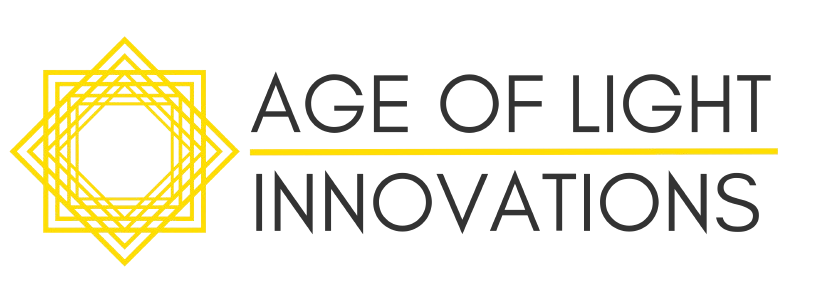

Dark sky tourism
It’s amazing to travel in search of a view of the stars – Night Sky Tourist.
But why not bring the joy of the night sky closer to home, boost the local economy, and feel better, too? The Lake District estimate a return of £1.93 for every £1 spent on dark-sky friendly lighting – Importance of Dark Skies to Tourism.
Stats about the impact of low-level light pollution are enough to keep us awake at night:
- Increase risk of pre-term birth- Light Pollution, Sleep Deprivation, and Infant Health at Birth.
- Increase risk of diabetes – Personal light exposure patterns and incidence of type 2 diabetes: analysis of 13 million hours of light sensor data and 670,000 person-years of prospective observation.
- Reduce quality of sleep for teens –Association of Outdoor Artificial Light at Night With Mental Disorders and Sleep Patterns Among US Adolescents.
- Increase use of sleep medication for adults –Outdoor Artificial Nighttime Light and Use of Hypnotic Medications in Older Adults: A Population-Based Cohort Study.
- Increase risk of Parkinson’s disease – Bright light exposure reduces TH-positive dopamine neurons: Implications of light pollution in Parkinson’s disease epidemiology.
If you want to see the stars in your street, in the UK at least, you can lobby your local authority on the basis that light pollution is a Statutory Nuisance, defined as
- Unreasonably and substantially interfere with the use or enjoyment of a home or other premises
- Injure health or be likely to injure health – Artificial light nuisances: how councils deal with complaints.
Iain Macrae suggests rethinking the negative connotations of the ‘red light’ district as red street lamps could deliver the light levels we need, reduce sky glow and cut energy use too – The night-time blues: the impact of white LEDs on light pollution.
Short of mounting an official protest, what can us ordinary folk do?
- Choose Dark Sky-Approved lights – The DarkSky Approved program.
- Dim the lights indoors after dark
- Light the centre, not the edges of the room
- Draw curtains to reduce the spread of light outside
Perhaps your neighbourhood could become a Dark Sky Tourist Destination too!
Melatonin and circadian swimming 😴
While you and I are (hopefully) falling into a deep sleep, invertebrates such as planktons and some fishes are swimming silently to the surface under cover of darkness, only to fall back to the dark depths during the day.
This ancient cycle, known as diel vertical migration (or DVM) evolved to protect these delicate organisms against sun damage.
A fascinating paper by the EMBL draws a direct link between this circadian swimming response and the mammalian sleep-wake cycle and explains how melatonin became the signal of darkness – Melatonin Signaling Controls Circadian Swimming Behavior in Marine Zooplankton.
Vision and air pollution
When I’m traveling, I always take along an eye mask and earplugs to help my eyes to relax so I wake up feeling bright-eyed and ready to face the day.
But did you know that air quality can make a difference to your vision too?
I had no idea either until Helvar lent me this personal sensor – it’s designed to fit into a bigger ecosystem and pairs with an app.
I was shocked to see the red spike in C02 levels during the night in a standard hotel room in central London. Busy road outside, so I closed the window. Noisy air conditioning, so I turned that one off too.
High levels of Co2 affect your ability to see depth and movement – Effects of low-level inhalation exposure to carbon dioxide in indoor environments: A short review on human health and psychomotor performance, The effect of moderately increased CO2 concentration on perception of coherent motion, Effect of low-concentration CO2 on stereoacuity and energy expenditure.
Over time, air pollution can increase a child’s risk of visual impairment by over 22% – Ambient gaseous pollutant exposure and incidence of visual impairment among children and adolescents: findings from a longitudinal, two-center cohort study in China; it’s been linked to cataracts and glaucoma, too – Air Pollution and Chronic Eye Disease in Adults: A Scoping Review.
Maybe it’s time for the air and the light pollution campaigns to join forces so we can all sleep soundly at last!
ps/ A quick reminder about the South Korean expedition in November – the trip is starting to come together – super-excited – please let me know about anything I should see – or anyone I should meet while I’m out there?

